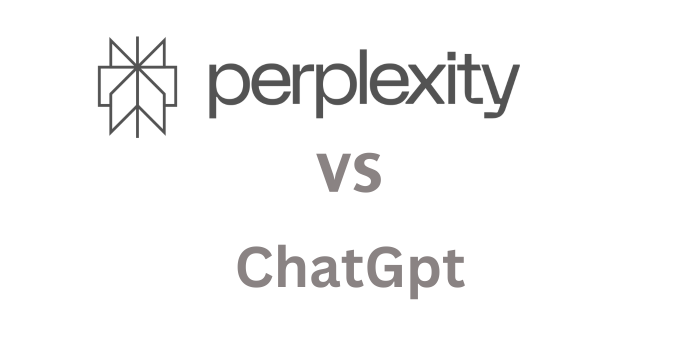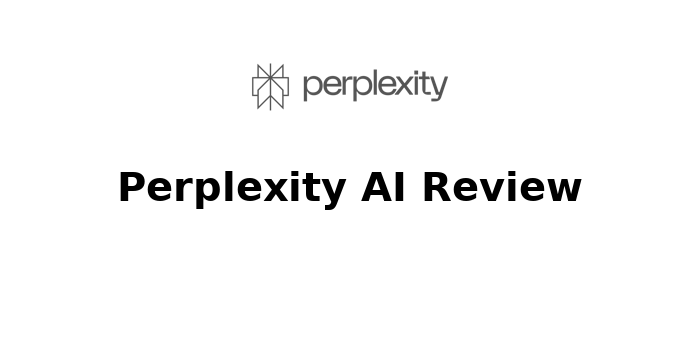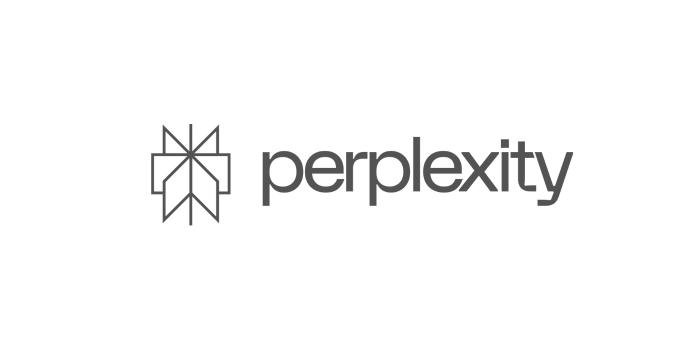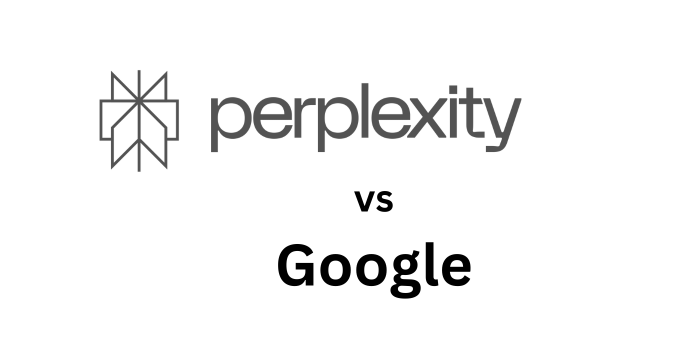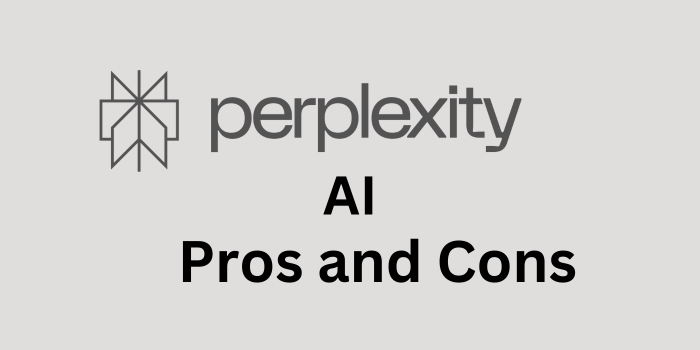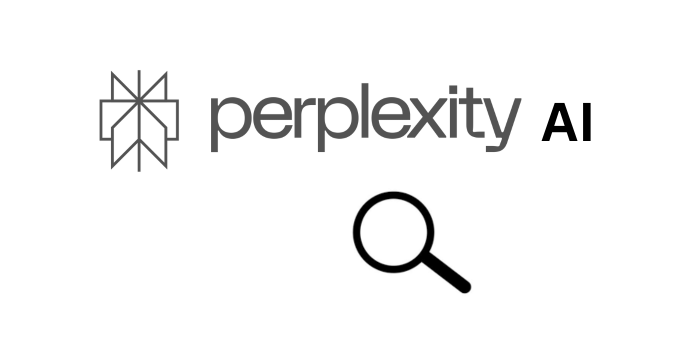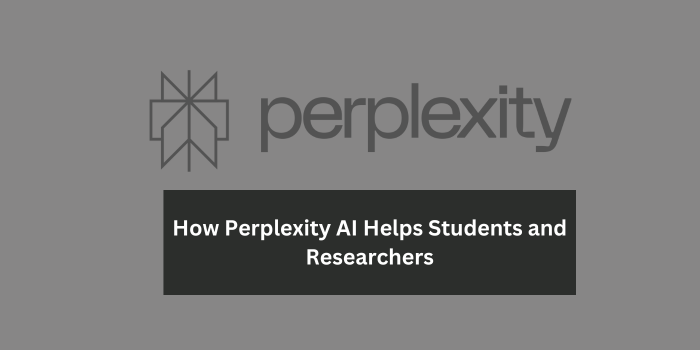In today’s fast-evolving world of artificial intelligence, conversational AI models have become indispensable tools for businesses, researchers, and casual users alike. Among the most prominent players in this space are Perplexity AI and ChatGPT. While both AI-powered tools aim to enhance information retrieval and conversational capabilities, they each have distinct features, strengths, and limitations. This review will help you determine which one best suits your needs.
Overview of Perplexity AI and ChatGPT
The rapid advancements in artificial intelligence have led to the development of various AI-driven tools, each tailored to specific needs. Some prioritize accuracy and factual verification, while others focus on engaging and human-like conversations. Perplexity AI and ChatGPT are two such models, each excelling in different areas. Understanding their fundamental differences and strengths can help users decide which one to incorporate into their workflows.
While both AI tools serve as powerful assistants, their core functionalities differ significantly. Perplexity AI is designed as a research-focused AI, emphasizing accuracy and fact-checking. On the other hand, ChatGPT thrives in generating creative and engaging conversations, making it more suitable for casual and professional communication. Evaluating their capabilities in detail will help in selecting the right AI for your specific needs.
One of the key distinctions between Perplexity AI and ChatGPT lies in how they source and present information. Perplexity AI actively retrieves data from the web, providing citations and references to support its answers. This makes it a reliable tool for users who require transparency and verifiability in responses. Conversely, ChatGPT relies on pre-trained knowledge, making it more suitable for fluid conversations, storytelling, and idea generation without the need for immediate citations. This fundamental difference shapes how these tools are used in various industries and for different purposes.
What is Perplexity AI?
Perplexity AI is an AI-driven search engine and conversational assistant designed to provide direct, research-based responses to user queries. It combines the power of natural language processing (NLP) with web search capabilities to deliver factually supported answers rather than generating purely conversational responses. Perplexity AI’s goal is to enhance knowledge retrieval by reducing misinformation and improving response accuracy.
What is ChatGPT?
ChatGPT, developed by OpenAI, is a powerful language model designed for natural conversations, text generation, content creation, and problem-solving. Unlike Perplexity AI, ChatGPT is primarily focused on human-like interactions and creative writing while also providing informative responses. It is widely used for chatbots, customer service, content generation, coding assistance, and general-purpose question-answering.
Key Features Comparison
When choosing between Perplexity AI and ChatGPT, it’s essential to understand their core functionalities. Both AI models excel in different areas—Perplexity AI focuses on fact-based accuracy, while ChatGPT provides engaging, human-like conversations. This section will break down their key features to help you make an informed decision.
1. Conversational Ability
- Perplexity AI: Perplexity AI is designed for factual accuracy and research-backed responses. It often pulls information from reputable sources, including research papers and online references, making it ideal for knowledge-seekers and professionals looking for reliable data.
- ChatGPT: ChatGPT is built for conversational fluency and creativity. It can mimic human-like responses, maintain context over multiple exchanges, and generate engaging and insightful discussions. It is well-suited for personal assistants, writing assistance, and brainstorming ideas.
2. Accuracy and Reliability
- Perplexity AI: Since Perplexity AI pulls from external sources and citations, it generally provides more accurate and verifiable answers. However, it is limited by the quality of the sources it references.
- ChatGPT: ChatGPT’s responses are based on its training data, which may include outdated or incomplete information. While it provides coherent and relevant responses, its reliability can be lower when it comes to factual verification.
3. Information Retrieval and Search Capabilities
- Perplexity AI: Acts as an AI-powered search engine, retrieving data from the web and offering citations for verification.
- ChatGPT: Functions more like an intelligent assistant, synthesizing information from its pre-trained knowledge base rather than performing real-time searches.
4. Use Cases
- Perplexity AI: Best for research, academic inquiries, fact-checking, and answering knowledge-intensive questions.
- ChatGPT: Ideal for creative writing, chatbots, brainstorming, customer service, coding help, and casual conversations.
5. User Experience and Interface
- Perplexity AI: Features a search-engine-like interface, where users enter queries and receive well-structured, sourced responses.
- ChatGPT: Functions as an AI assistant with a chat-based interface, enabling fluid conversations that feel more natural.
6. Customization and API Access
- Perplexity AI: Limited customization options; mostly operates as a straightforward knowledge engine.
- ChatGPT: Offers customization, APIs, and fine-tuning capabilities, making it more versatile for businesses and developers.
7. Pricing and Accessibility
- Perplexity AI: Offers a free basic version with possible premium features for more advanced capabilities.
- ChatGPT: Provides free and subscription-based models (e.g., ChatGPT Plus) for more powerful versions.
Pros and Cons
Understanding the advantages and limitations of Perplexity AI and ChatGPT is crucial in making an informed decision. While Perplexity AI prioritizes factual accuracy and research-backed responses, ChatGPT excels in dynamic, human-like interactions. Evaluating the strengths and weaknesses of each can help determine which AI best suits your needs.
Perplexity AI
Pros:
✔ High accuracy with sourced references
✔ Ideal for research and knowledge-based inquiries
✔ Reliable fact-checking
Cons:
✘ Limited conversational abilities
✘ Lacks creative content generation
✘ Not as flexible for casual chat or brainstorming
ChatGPT
Pros:
✔ Engaging, human-like interactions
✔ Excellent for content creation and brainstorming
✔ Versatile and customizable
Cons:
✘ May generate misinformation or outdated facts
✘ Does not provide direct citations
✘ Less reliable for factual verification
Which One Should You Use?
The choice between Perplexity AI and ChatGPT depends on your needs:
- If you need fact-based, research-backed answers, Perplexity AI is the better option.
- If you want engaging, human-like interactions and creative responses, ChatGPT is the superior choice.
- For business and customer service applications, ChatGPT’s API and customization make it a more flexible tool.
- For academic or professional research, Perplexity AI’s citation-based approach ensures better accuracy.
Final Verdict
Both Perplexity AI and ChatGPT have unique strengths. Perplexity AI excels in accuracy and information retrieval, making it perfect for research-oriented users. ChatGPT, on the other hand, offers a more natural and engaging conversational experience, making it a great choice for chatbots, content creators, and businesses. The best AI for you depends on how you plan to use it. If you need factual precision, go with Perplexity AI. If you need an intelligent assistant for a variety of tasks, ChatGPT is the way to go.
